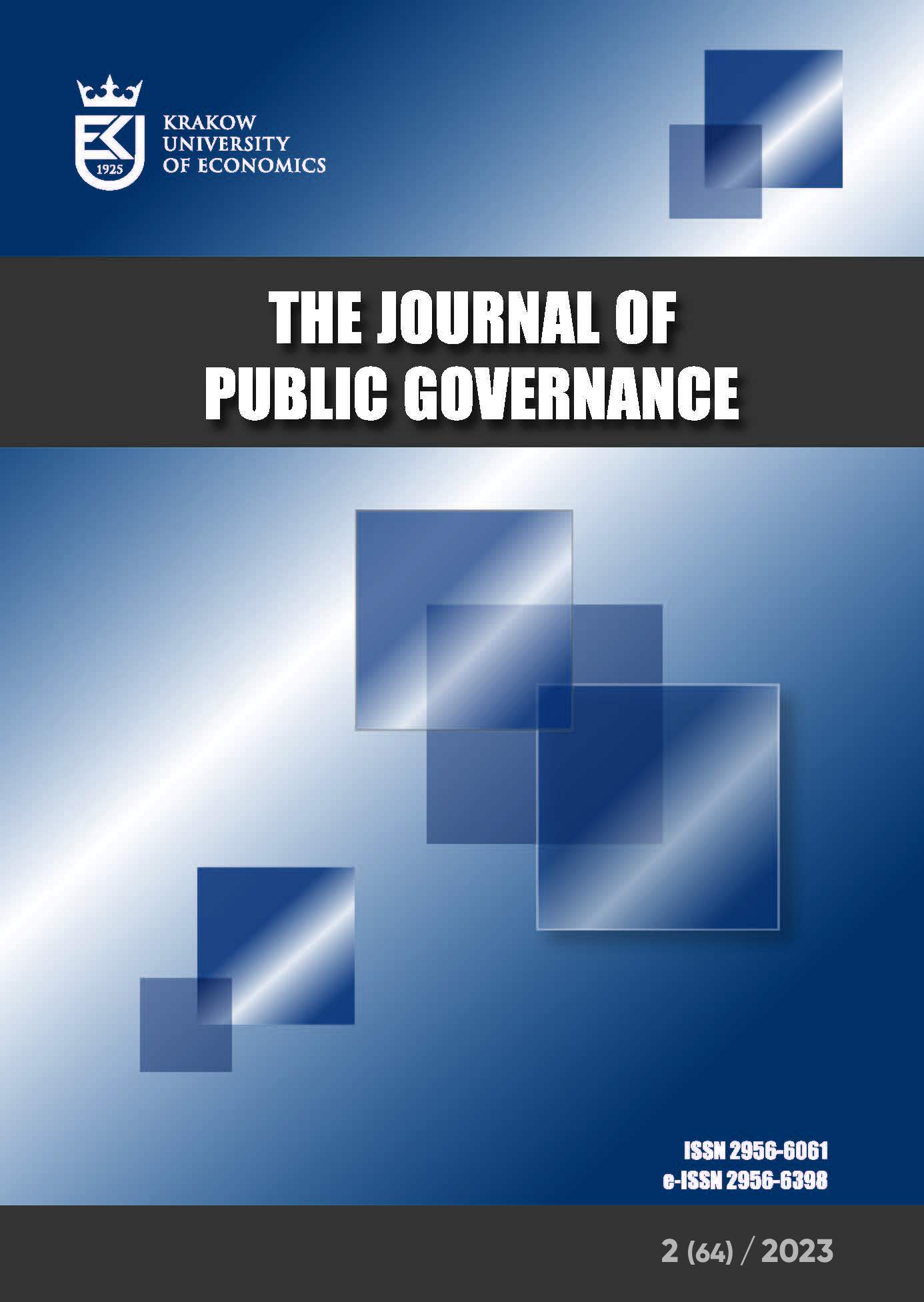Cultural barriers to innovativeness in Poland
DOI:
https://doi.org/10.15678/ZP.2017.41.3.03Keywords:
culture, Hofstede, innovations, Global Innovation Index, innovativenessAbstract
This paper aims to point out the cultural barriers to innovativeness in Poland and interpret them using crosscultural institutional models. On the theoretical level, the authors propose an analytical model to explain how culture may impact national innovativeness via institutional and organizational environments. Empirically, the authors apply Hofstede’s dimensions of culture to show which cultural factors may inf luence national innovativeness and what cultural backgrounds underlie innovativeness in countries with the highest scores on the Global Innovation Index. Cluster analysis reveals two distinct cultural patterns: Anglo-Saxon and Confucian. The authors then analyze the cultural specificity of Poland to propose a list of strengths and weaknesses regarding national innovation intensity, both those deeply embedded in our national culture and those relatively independent from short-term economic and policy factors.
Downloads
Downloads
Published
How to Cite
Issue
Section
License
Open Access, licence: CC-BY 4.0




